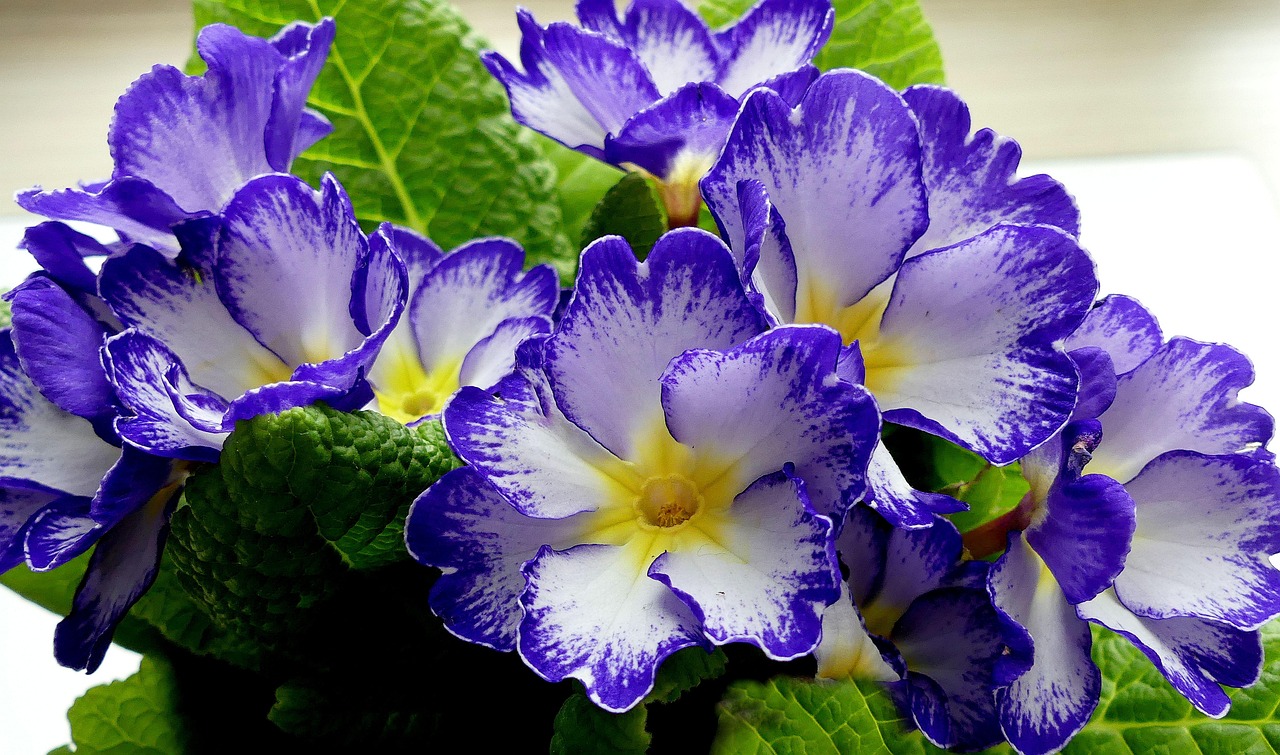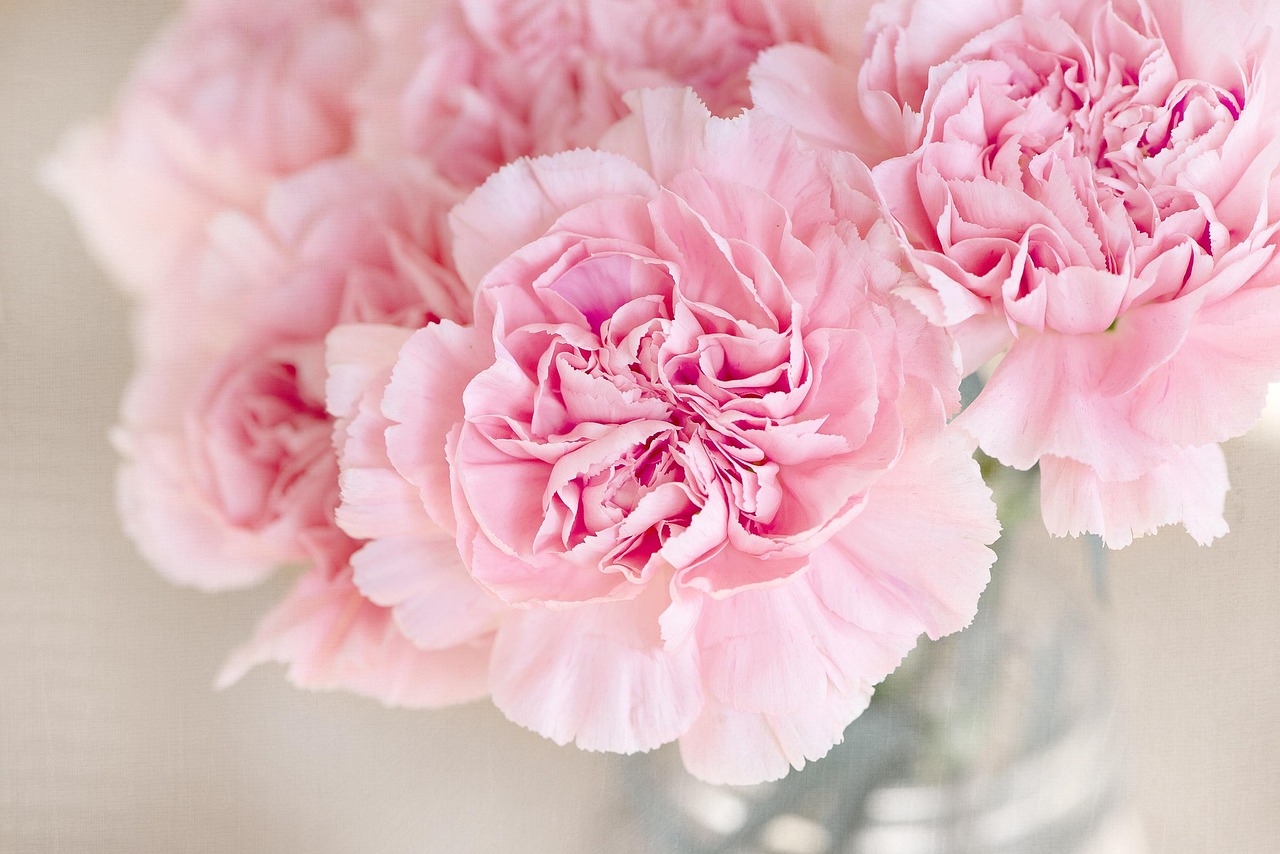Choose the perfect funeral flowers
Choosing Funeral Flowers: A Meaningful Tribute
Choosing funeral flowers is a meaningful way to pay respects and honour the memory of a loved one. Flowers convey emotions and sentiments, offering comfort to grieving families and creating a peaceful atmosphere during memorials.
1. Understanding the Symbolism of Flowers
Different flowers carry specific meanings, making it essential to consider their symbolism when choosing funeral arrangements. Lilies, roses, and chrysanthemums all have unique meanings — if you’d like help selecting the right ones, explore our funeral flower meanings page.
2. Choosing the Right Arrangement
Funeral flower arrangements come in several types, each suited to different aspects of a funeral service. Wreaths, standing sprays, and floral baskets are among the most popular. Discover more in our funeral arrangements collection.
3. Considering Cultural and Religious Traditions
Funeral traditions vary across cultures and religions. Learn more in our funeral flowers guide, which helps you choose respectful and appropriate arrangements.
4. Selecting Colours That Reflect Sentiment
The colour of funeral flowers carries deep symbolism. Visit our funeral flower collections to explore arrangements in different shades and styles.
5. Personalising the Tribute
Adding personal touches makes a floral tribute truly special. Our bespoke funeral flower service can help you create arrangements tailored to your loved one’s personality, favourite blooms, and meaningful symbols.
Conclusion
Choosing funeral flowers is a personal and thoughtful process. Our experienced funeral florists are here to guide you in selecting arrangements that express respect, love, and remembrance



